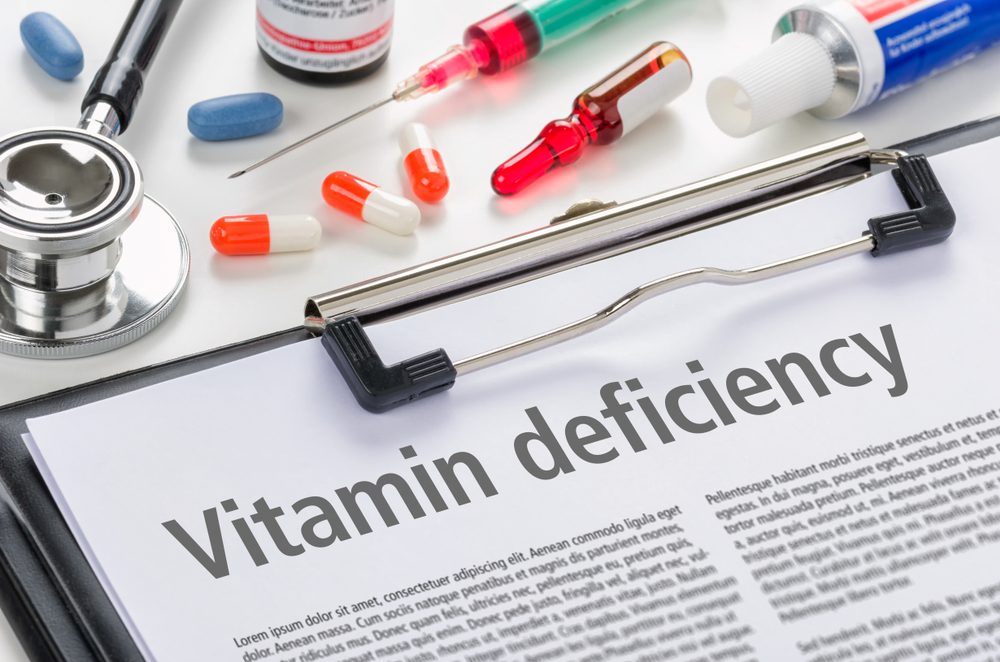Are you ready to unlock a new level of energy, sharpen your focus, and build a stronger, more resilient foundation for your health? Imagine waking up feeling refreshed, thinking more clearly, and moving with greater confidence. This isn’t just wishful thinking; it’s a tangible benefit of ensuring your body has enough of one crucial nutrient: Vitamin B12.
For health-conscious seniors, especially those embracing a vibrant vegetarian or plant-forward lifestyle, getting enough B12 can feel like a puzzle. This essential vitamin is famously found in animal products, which can leave many wondering how to fill this nutritional gap. But fear not! Your commitment to a meat-free diet is a wonderful choice for your health and the planet, and with a little knowledge, you can thrive without missing out on this vital nutrient.
This guide is your roadmap to understanding, identifying, and enjoying the best non-meat sources of Vitamin B12. We’ll explore why it’s so important in our golden years, uncover the delicious foods that contain it, and empower you to make the best choices for your unique journey. Let’s dive in and nourish your body for a more energetic and brilliant life ahead.
Why Vitamin B12 is Your Golden Years Superpower
Think of Vitamin B12, also known as cobalamin, as the master electrician for your body. It works tirelessly behind the scenes, ensuring all the connections are firing correctly. Its role becomes even more critical as we age, supporting several key systems that are essential for maintaining independence and vitality. For anyone focused on senior nutrition, understanding B12 is non-negotiable.
First and foremost, Vitamin B12 is essential for the production of healthy red blood cells. These cells are the oxygen couriers of your body, transporting life-giving oxygen from your lungs to every single cell, from your brain to your toes. Without enough B12, your body can produce large, immature red blood cells that don’t function properly, a condition called megaloblastic anemia. The primary symptom? A profound sense of fatigue and weakness that no amount of rest seems to fix.
Beyond energy, B12 plays a starring role in your neurological health. It is a key component in the maintenance of the myelin sheath, a protective fatty layer that insulates your nerve fibers. You can think of it like the plastic coating on an electrical wire. When the myelin is healthy, nerve signals travel quickly and efficiently. A B12 deficiency can damage this sheath, leading to neurological issues like numbness or tingling in the hands and feet, balance problems, and even memory difficulties.
This connection to brain health is particularly important for seniors. Healthy B12 levels are linked to better cognitive function and a lower risk of age-related cognitive decline. It helps your brain create and regulate the chemicals that influence mood and memory, making it a true ally for a sharp and positive mind.
A unique challenge for older adults is that our ability to absorb B12 from food can decline. This is often due to a decrease in stomach acid production, which is necessary to separate B12 from the protein it’s attached to in food. Certain medications can also interfere with absorption. This is why even seniors who do eat meat can become deficient, and it underscores the importance for those on a vegetarian diet to be extra vigilant.




















